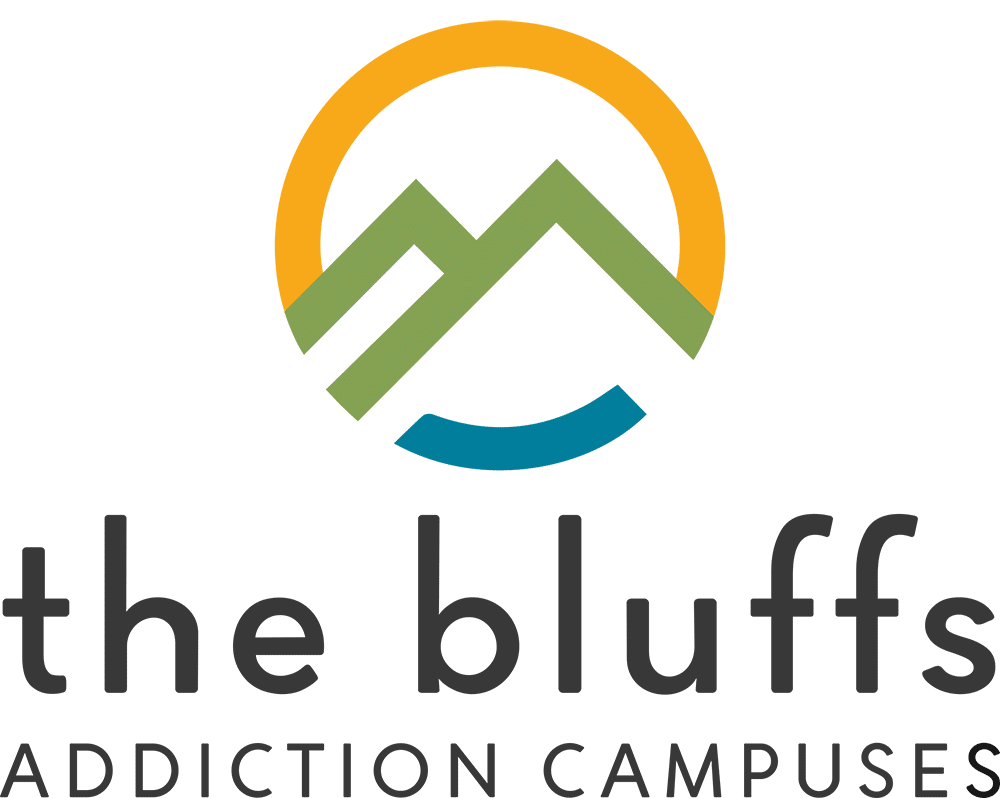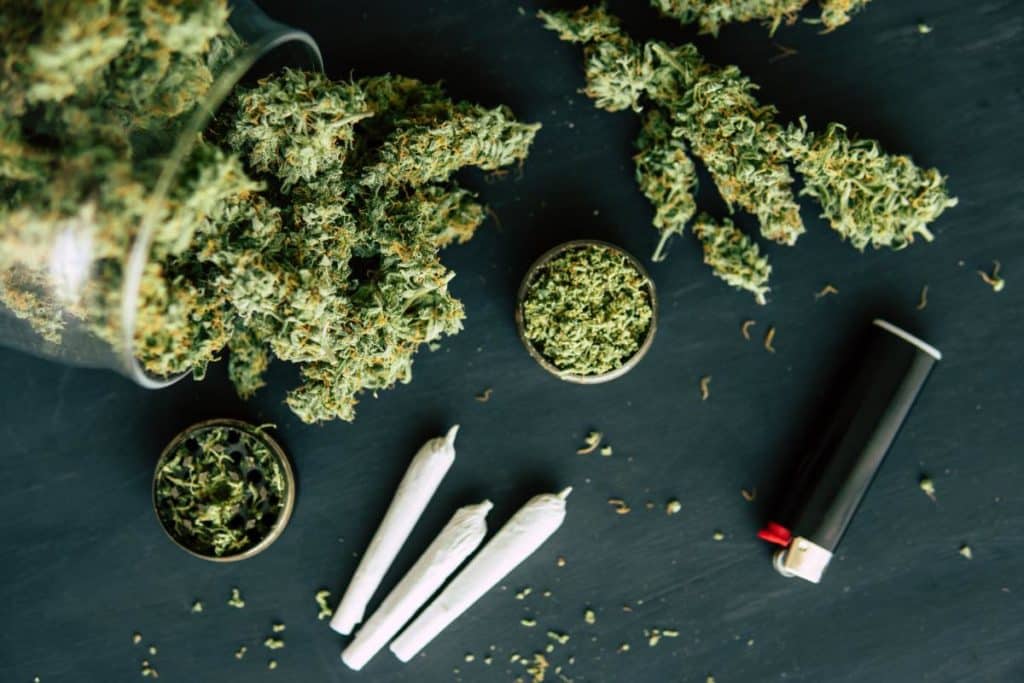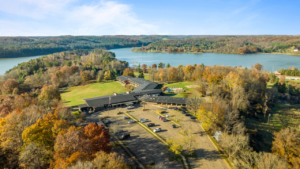Hemp and marijuana are two words that get used a lot in modern discourse. You have probably heard both of these words used in some capacity. You’ve probably heard them a lot in discussions about whether or not a state should legalize marijuana, but then, where have you heard hemp? Some people seem to use them interchangeably, but is that correct? Although the words get thrown around a lot, there seem to be lots of uncertainty about what it means for something to be either hemp or marijuana. Which is legal and which is not—or are they the same thing?
At The Bluffs, we strive to provide you with the most accurate and clear information possible in our mission to provide quality addiction treatment. If you need to know more about substance abuse addiction treatment, call us today at 850.374.5331.
What Is Hemp?
First off, hemp. Currently, federal law uses the word hemp to refer to varieties of Cannabis sativa (a plant species) that contains less than 0.3% of THC by dry weight. THC is the psychoactive and intoxicating compound that creates the psychological effects of marijuana. Your body has natural cannabinoid receptors. These receptors are found in your brain and are located in the areas that are responsible for thinking, memory, pleasure, coordination, and time perception.
Instead of being used in order to produce psychological effects, hemp is harvested for use in food supplements and other products like rope, clothing, and insulation. Although it does not contain much THC, hemp does contain a chemical compound called CBD. This is used in many natural remedies and natural products. For some people, CBD extraction may be a way to try pain relievers without the psychological effects of marijuana (due to THC) or side effects of other strong prescription painkillers.
Benefits of CBD
There are several observed benefits of CBD:
- Pain relief
- Potential aid for those with anxiety and depression (though not a cure)
- Help with subduing some side effects of cancer treatment such as nausea (though not a cure for cancer)
- Help with reducing acne due to its anti-inflammatory properties
- Possibility of having neuroprotective properties (reducing things like the severity of seizures in people with epilepsy)
- Potentially benefiting heart health
- Reducing psychotic symptoms (for conditions like schizophrenia)
- Assisting in recovery from substance use disorders
- Reducing the risk of diabetes
As you can see through the precautionary language that is used in the above list, CBD seems to have many benefits but those benefits need much more research and study to truly understand how effective the CBD chemical compound is at relieving particular conditions and symptoms.
What Is Marijuana?
Marijuana is a classification that refers to a variety of the plant that contains more than 0.3% THC by dry weight as well as induces psychoactive effects in the user.
This drug is commonly smoked in hand-rolled cigarettes that are referred to as joints, with pipes, or special water pipes called bongs. Marijuana can also be smoked through emptied cigars that have been refilled; these refilled cigars are known as blunts.
Physical Effects of Marijuana
There are also some physical effects that can accompany marijuana use. These symptoms include
- Problems breathing: Like cigarette smoke, marijuana smoke can irritate your lungs. Regular users could see themselves develop a daily cough and excess phlegm. Additionally, more frequent lung illnesses or a higher risk of lung infections are also possible.
- Increased heart rate: According to the National Institute on Drug Abuse, for up to three hours after smoking marijuana, a user’s heart rate can be elevated. For some individuals, this can mean that their risk of a heart attack goes up. Those who already have heart problems or are elderly may be more at risk for a heart attack.
- Issues with child development during and following pregnancy: Research on this issue is still developing and followed. However, some early studies and preliminary results suggest that marijuana use in pregnancy could lead to lower birth weight and the presence of THC in breast milk could alter a baby’s brain development.
- Intense nausea and vomiting: If you use marijuana often and for a long period of time, you could develop a condition called cannabinoid hyperemesis syndrome. This condition makes users very nauseous and can cause vomiting, and dehydration (due to excessive vomiting.)
The National Institute on Drug Abuse explains that “marijuana is the most commonly used psychotropic drug in the United States, after alcohol.” Marijuana has the potential to be addictive. This doesn’t mean that everybody who uses marijuana will become addicted, but it also doesn’t mean that marijuana addiction does not exist. The National Institute on Drug Abuse cites statistics that say “between 9 and 30% of those who use marijuana may develop some degree of marijuana use disorder.” If a substance use disorder becomes severe enough, it is known as an addiction.
Differences Between Hemp And Marijuana
Composition
Hemp contains significantly less THC than marijuana, which means that you can’t get high from hemp, but you can get high from marijuana.
The average forms of marijuana contain between 5% and 20% THC. Hemp, on the other hand, contains less than 0.3% of THC. In contrast to marijuana’s high percentage of THC, hemp contains more CBD than marijuana plants. In fact, some marijuana plants do not even contain any CBD.
Legality
Today, marijuana is a controlled substance. Hemp, meanwhile, has lost its status as a controlled substance within the past few years. In 2018, the U.S. Congress passed the Farm Bill, which removed hemp from the Controlled Substances Act. However, some states still ban hemp from use.
Do You Need a Marijuana Addiction Treatment Center in Ohio?
No one plans on becoming addicted to marijuana, but it can happen. If you find yourself struggling to quit, it may be time to seek professional help. A marijuana addiction treatment center can provide the support and resources you need to get sober. Call The Bluffs today at 850.374.5331.







